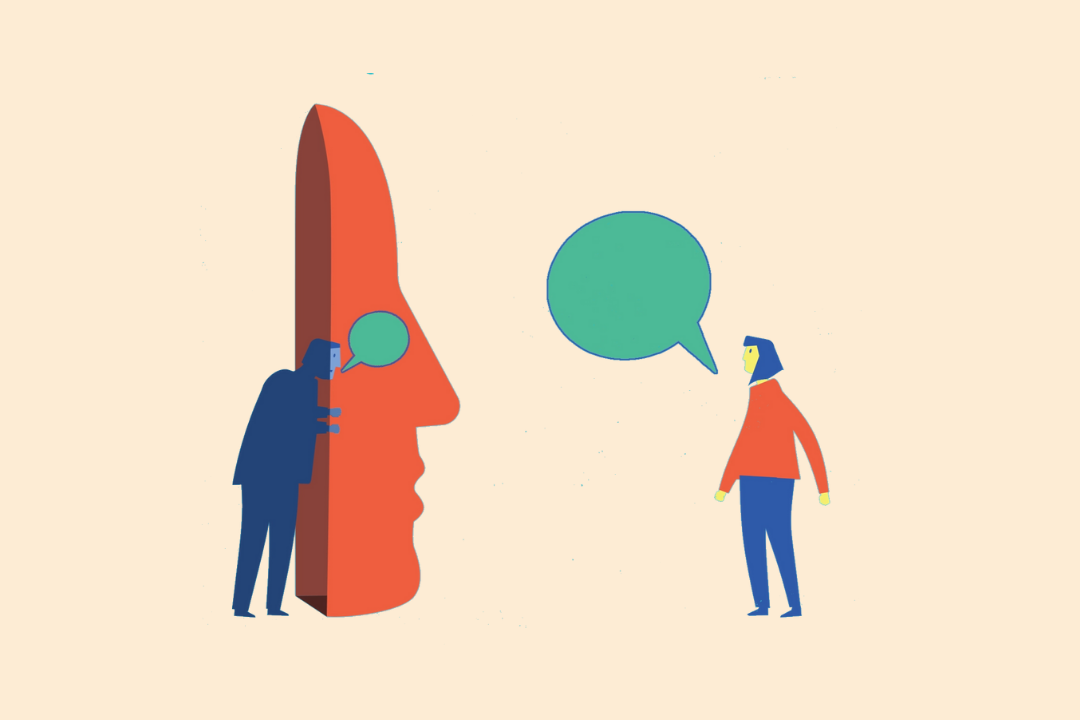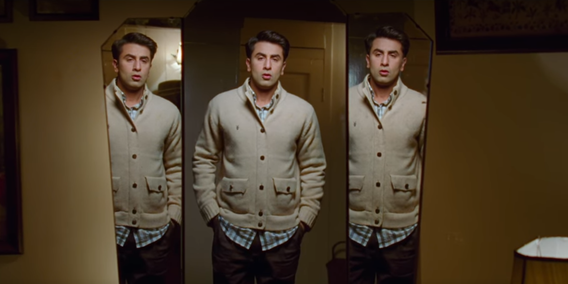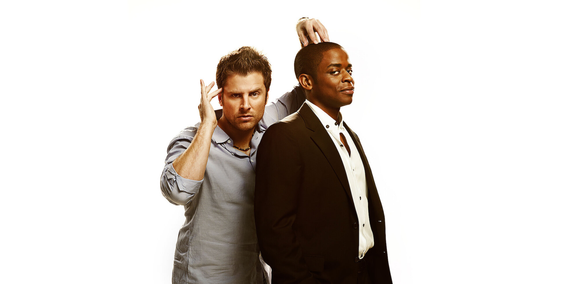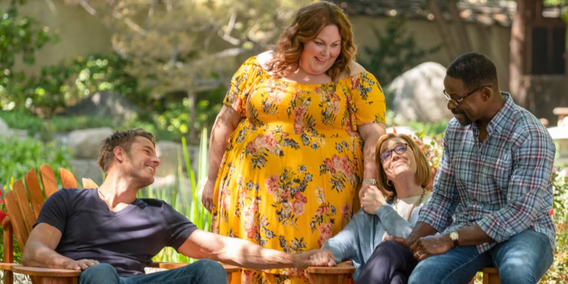“One thing I’ve realised in this process of therapy, is that one should really want to change, why else would we pay as well as experience the discomfort of going through it all? Therapy is not a very comfortable process!” what to expect in therapy
I may have felt myself cringe when I heard my friend say this, but I'd be lying if I said that I didn’t relate with the statement. As a therapist, seeking out my own therapist and enrolling for therapy was a rather difficult process for me (a nod to my ingrained stigmatisation of therapy). I took the route of “handling it by myself” till I realised I was…chasing my own tail.
After I started therapy, I realised that as much as I wanted to change, the overwhelm that comes along with experiencing my own feelings made it all very difficult. As much as I wanted to talk about issues that I recognised as my core, I did everything but that. There were always situations that were more urgent and issues more important to discuss.
I thought that I was one realisation away from sorting my life completely and I kept looking for that elusive moment of insight, that wise line from my therapist, that one breakthrough that would take my anxiety away, make me feel more content, love myself more and engage with life. What I was really seeking was a way to disengage from the process; the uncomfortable process of living my own journey and finding myself.
Living this journey (and making my own decision to be in it) isn't fun. It brings me in confrontation with certain truths about myself that can be hard to experience, feel and accept. It is very tempting to assign the role of the comforter, problem solver, or perpetrator to our therapist (or anyone else that we relate to) and it can feel quite frustrating when they don't live up to it. I was seeking answers that can give me some certainty in the storm of my emotions and I wanted my therapist to know, to tell me what I don't know, and maybe make it better for me.
We want to hear things that go like ‘Your parent is narcissistic’, ‘You were neglected as a child’, ‘You have an anxious attachment pattern’. We desperately crave to know these things. These certainties are a scaffold. Experiencing our feelings is what we work on in therapy and that is painstaking and effortful. We might find ways to try to disengage from it and sometimes quick fixes help us do that.
Whether it is a sense of guilt, self-blame or the pressure of high expectations, having another human witness your struggle makes it real. It helped me and continues to help me witness myself, recognise where it hurts and feel it, and acknowledge my humanness in all its ugliness and beautiful vulnerability.
This does not come about with wise answers from my therapist, it comes from his presence and empathy towards me, specially in the moments I run dangerously low on it. It is as simple as that.
Yes, theoretical knowledge and techniques are important, but what facilitates healing is the therapists’ capacity to connect with the client as a compassionate and flawed human being. Which means, even a therapist needs to let go of the garb of perfection and recognise their own vulnerability to connect with the experience of their clients.
Therapy has been a rewarding process after I got over the disappointment that my therapist “does not have the answers” and cannot fix me. He is not enlightened and is most likely as weathered and bruised as I am, in fact, as most of us are. He can create the space of empathy and facilitate some insight, but this journey (and the directions it takes) depends on me. If I am going around in circles, there is something that I am desperately trying to avoid and he waits patiently for me to get there.
Being in therapy has helped me grow as a therapist; I recognise myself better as I slowly shed my skin. One of those skins being the image that “I know”, this is a skin I constantly have to shed as a therapist if I have to be genuine with my client.
I imagine that clients experience the similar frustration and disappointment I did with my therapist and I totally get that. They soon realise that I only know so much. I am skilled in the art of holding space, recognising your needs, and meeting them appropriately which is why I can walk with you through your journey, but that's what it is. I have no extra superpower about leading my life perfectly, (although, like you, some part of me wishes that I did).
what to expect in therapy







